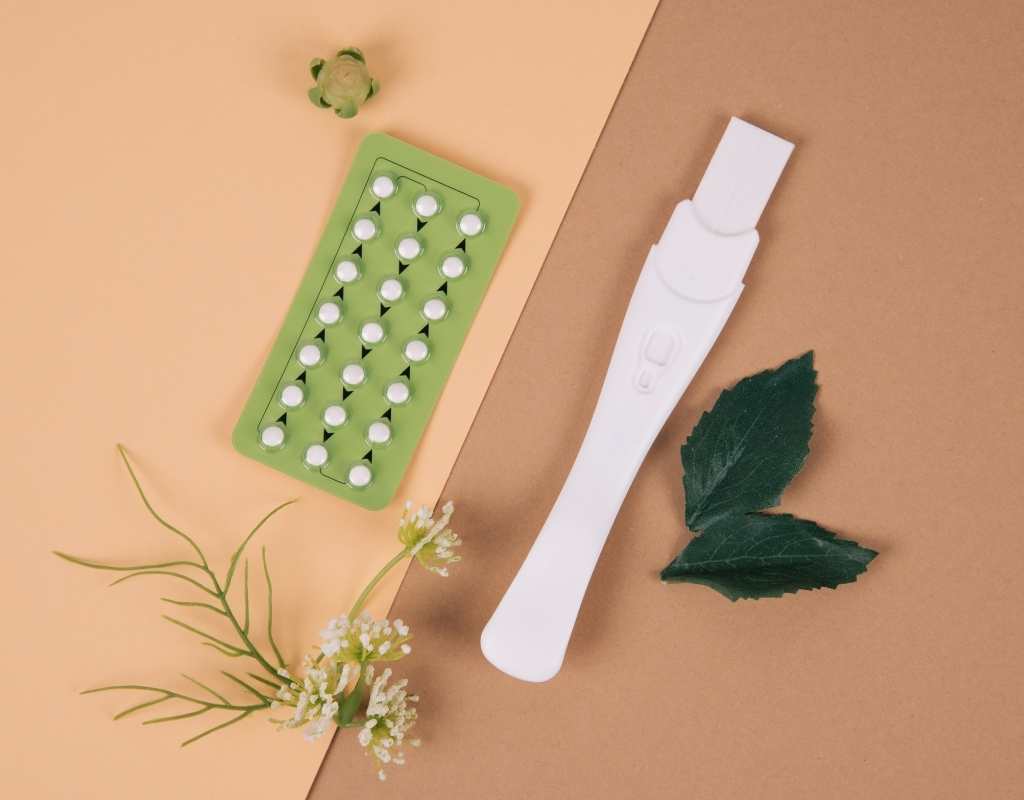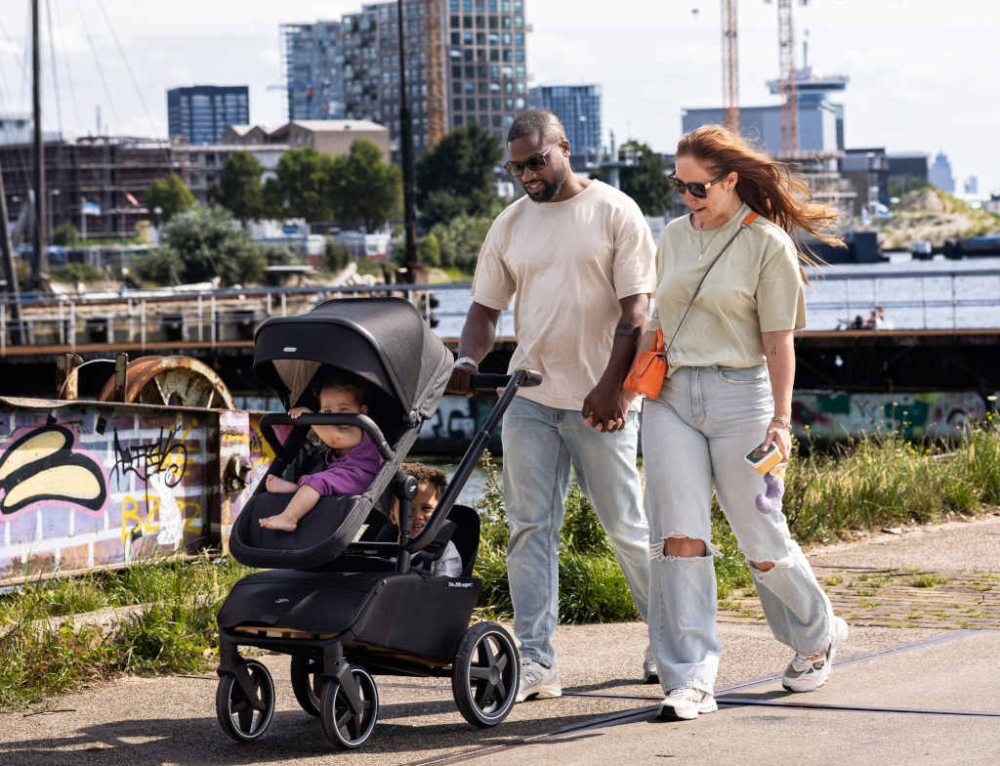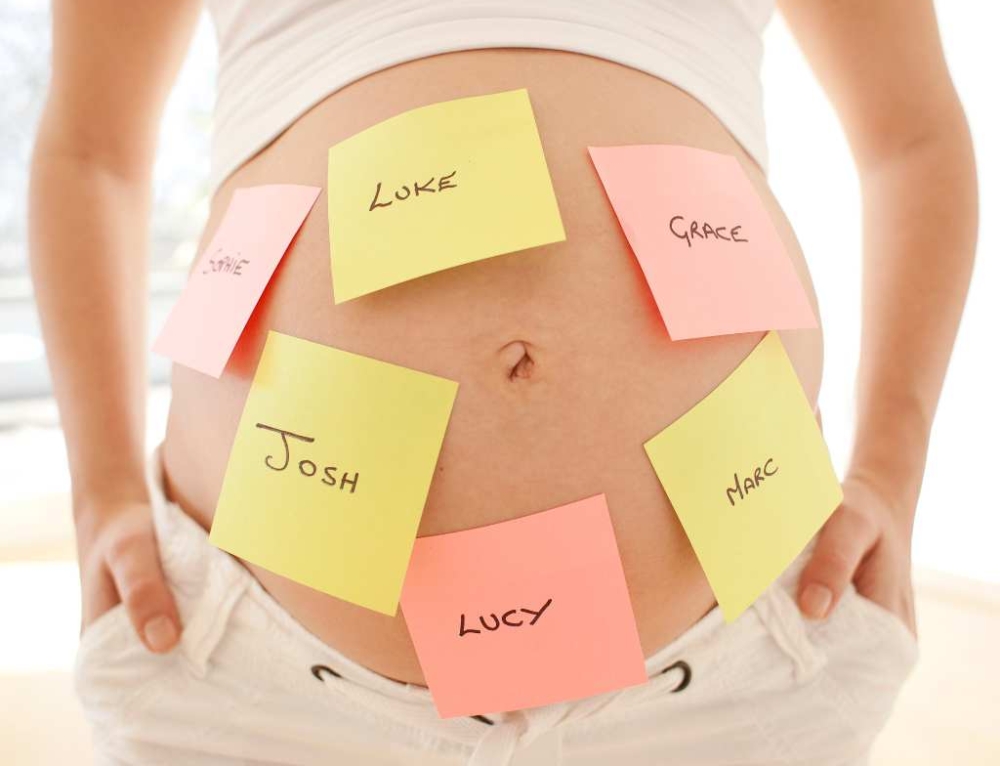Making the decision to start having kids or add to your family is an exciting time. Part of that decision may involve saying goodbye to contraception.
Once you’ve decided that the time is right, you may be keen to start trying for a baby straight away but there are some things that you might want to consider before ditching your contraception.
Planning for pregnancy might include giving yourself some time to make some healthy lifestyle changes, like giving up smoking, reducing alcohol intake, ensuring you’re eating a balanced diet and getting regular exercise.
You can also prepare your body for the demands of pregnancy by taking a folic acid supplement. The Ministry of Health recommends that when you plan to become pregnant you take a daily folic acid (folate) supplement for at least one month prior to conception and for 12 weeks after conceiving1 to help reduce the risk of neural tube defects (such as spina bifida).
What happens when I stop using contraception?
Once you’ve decided that the time has come to stop contraception, speak to your GP or healthcare provider for advice. Depending on your method of contraception (and bearing in mind that every person is different), it may take a while to conceive. Waiting until you experience signs of ovulation and see this settle down into a predictable cycle can help you better understand when you’re in your fertile phase.
Here is what you can expect when you come off different types of contraception. Speak to your GP or healthcare provider if you have any concerns.
Condoms
As condoms have no effect on ovulation, all you need to do is stop using them. The good thing is that if you have a change of heart or circumstance you can easily restart using them as long as they haven’t passed their expiry date.
The pill
After stopping the pill you may prefer to wait until your menstrual cycle returns to some sort of normality before trying to get pregnant (and use another form of contraception until then). Every woman is different so the amount of time before your menstrual cycle returns to “normal” will vary. Usually, it’s around 4-8 weeks after stopping the pill but it may be up to three months. In reality, you may be able to get pregnant as soon as you stop taking the pill regularly, especially if you were taking the progestogen-only form of the pill. Talk to your doctor for any additional advice.
IUD / Implant
Once your IUD or implant is removed, you are able to get pregnant straight away. Talk to your doctor when you have the device removed for any additional advice.
Vaginal ring
Ovulation usually resumes after 1-3 months after the removal of a vaginal ring. Talk to your doctor for any additional advice.
Birth control patch
After you stop using the patch, ovulation will usually resume within 1-3 months. Talk to your doctor for any additional advice.
Contraceptive injections
The resumption of ovulation after stopping this injectable birth control can take quite a lot longer than other forms of contraception. It may be up to 10 months or more, and for some women, it can take up to 18 months. Talk to your doctor for any additional advice.
Will it change how sex feels?
If you’re trying to conceive for the first time you may discover that sex takes on a whole new meaning and can even be more exciting. If you’ve been using a contraceptive that affects your cycle, you could experience changes while your hormones settle down. If you find that you are experiencing any discomfort, talk to your GP.
Reference:
Sources:
WebMD: Baby – Getting Pregnant After Birth Control (June 2021)
Elevit: Coming off contraception
Written by Kidspot NZ.
See more:







Leave A Comment
You must be logged in to post a comment.